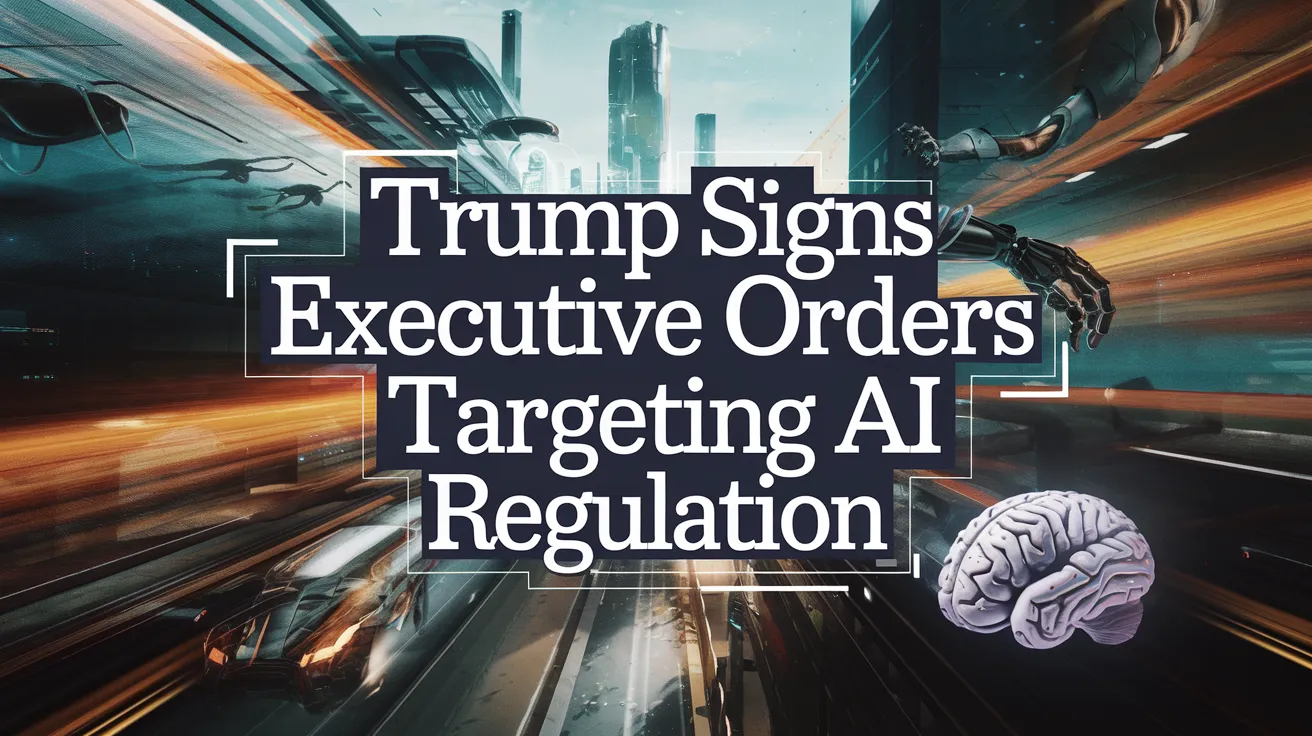Trump Signs Executive Orders Targeting AI Regulation

On July 23, Donald Trump signed a trio of executive orders during an AI summit in Washington, promising to transform the United States into an “AI export powerhouse.” A significant aspect of his announcement was a focus on addressing what his administration refers to as “woke” artificial intelligence models that he claims hinder the nation’s tech evolution.
In front of an audience filled with tech leaders and industry stakeholders, Trump criticized the previous administration for what he termed toxic diversity, equity, and inclusion ideology, asserting that it compromised the development of AI technologies. He declared, “Once and for all, we are getting rid of woke. Is that OK?” This declaration was met with applause.
The newly signed executive orders include directives requiring AI companies that accept federal funding to produce AI models that are free of what the administration views as ideological biases. This initiative aligns with a broader movement to deregulate the industry, echoing demands from tech executives for a reduction in government oversight.
One specific executive order promotes the export of American AI products and calls for loosening environmental regulations to expedite the construction of data centers that support AI infrastructure. These changes come amidst ongoing competition between the U.S. and China for leadership in artificial intelligence technologies.
Major tech companies have been aligning themselves with Trump’s administration by contributing to his funding initiatives and lobbying efforts to influence regulations affecting their industries. As seen in past engagements, figures like Sam Altman of OpenAI and Jensen Huang of Nvidia have fostered relationships with the president, positioning their companies at the forefront of discussions surrounding AI.
However, this approach raises substantial concerns regarding accountability and the ethical implications of implementing such deregulatory measures. Critics, including various labor, environmental, civil rights, and academic organizations, have voiced opposition to the potential consequences of reducing oversight amidst the rapid integration of AI technologies. More than 100 groups have come together to propose the “People’s AI action plan,” articulating their concerns about the increasing influence of big tech firms.
As this landscape evolves, ongoing dialogue between regulators and technology firms will be crucial in shaping a responsible trajectory for AI development in the U.S. Ensuring the balance between innovation and necessary safeguards will remain a pressing challenge as the sector continues to grow.